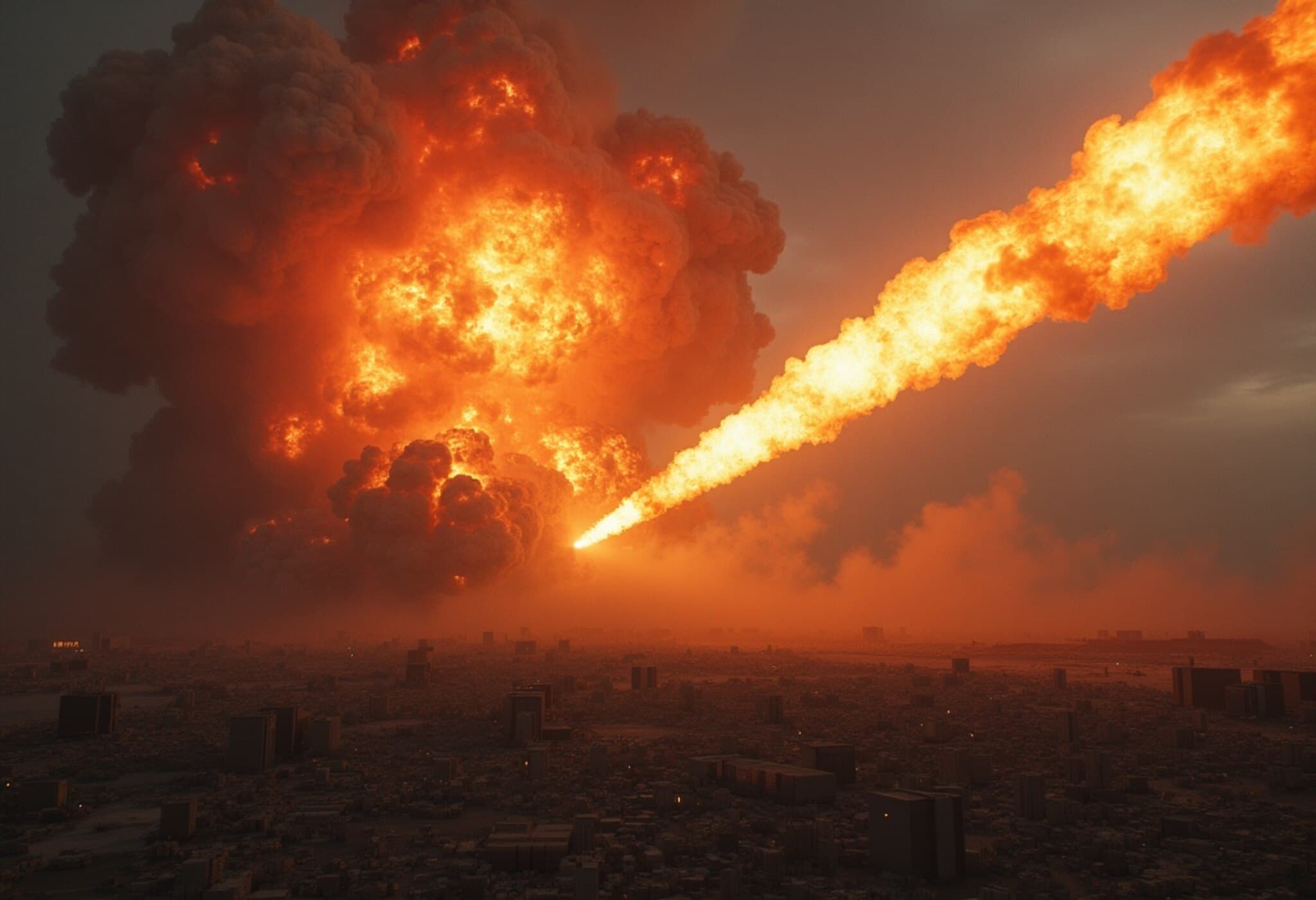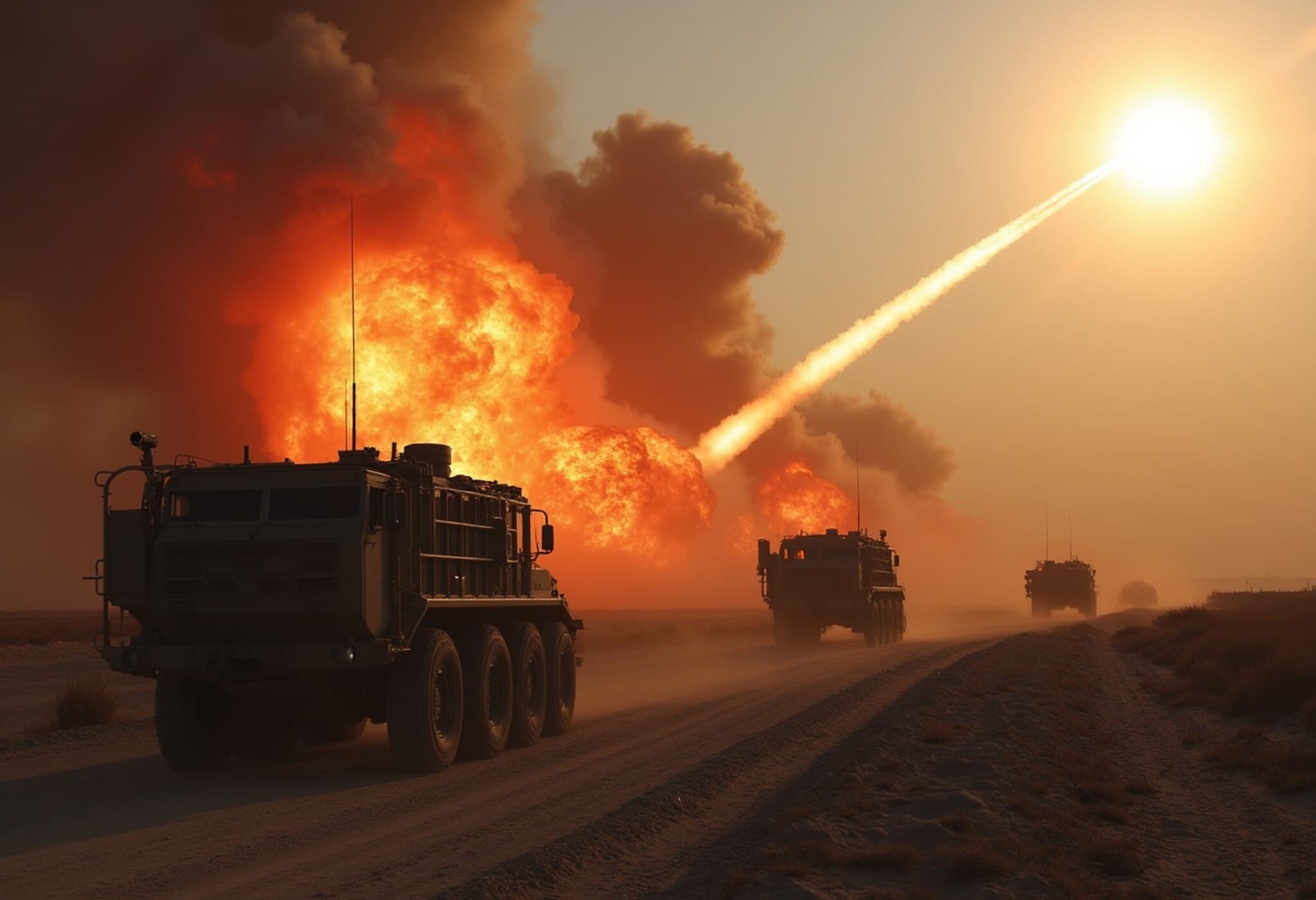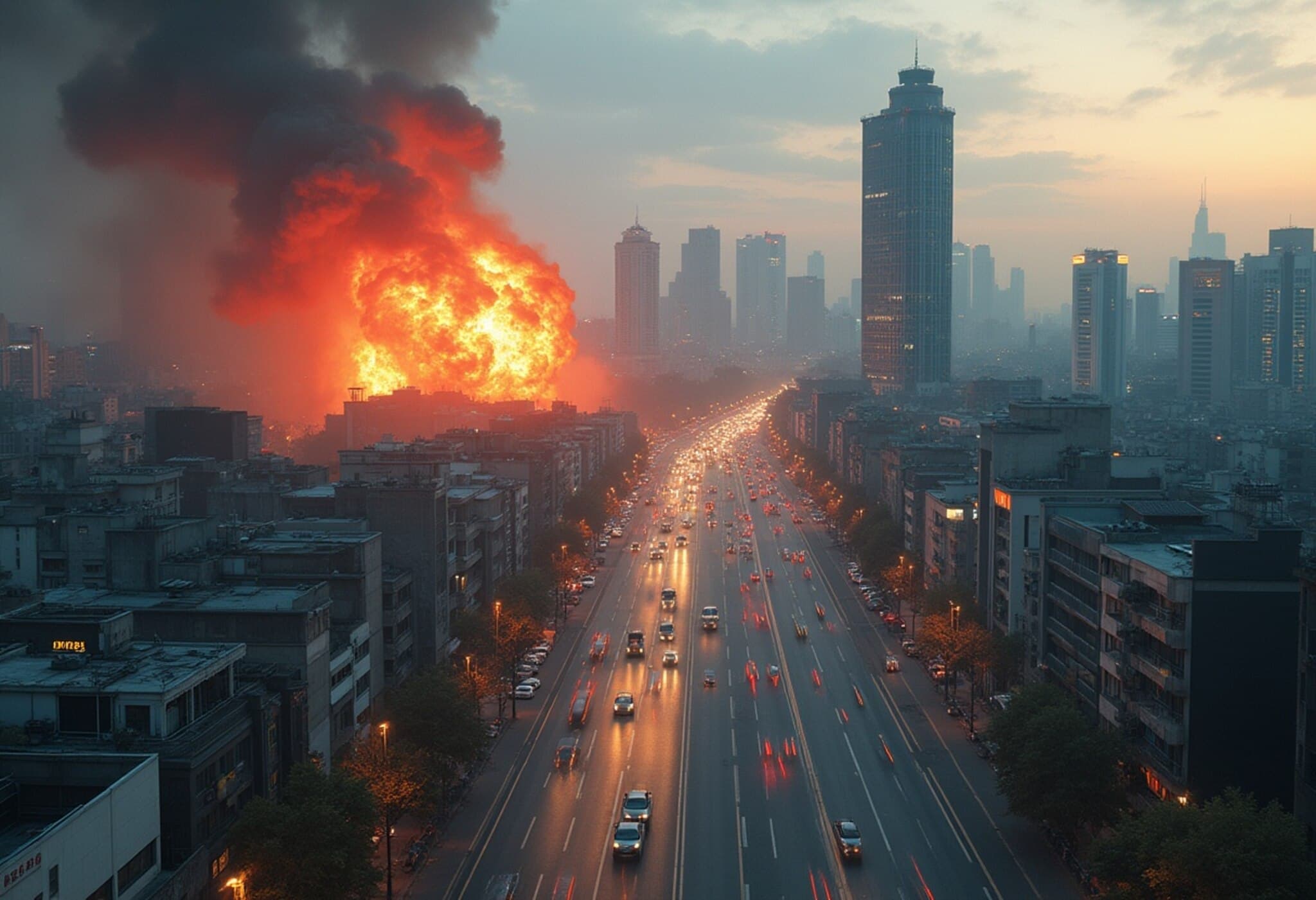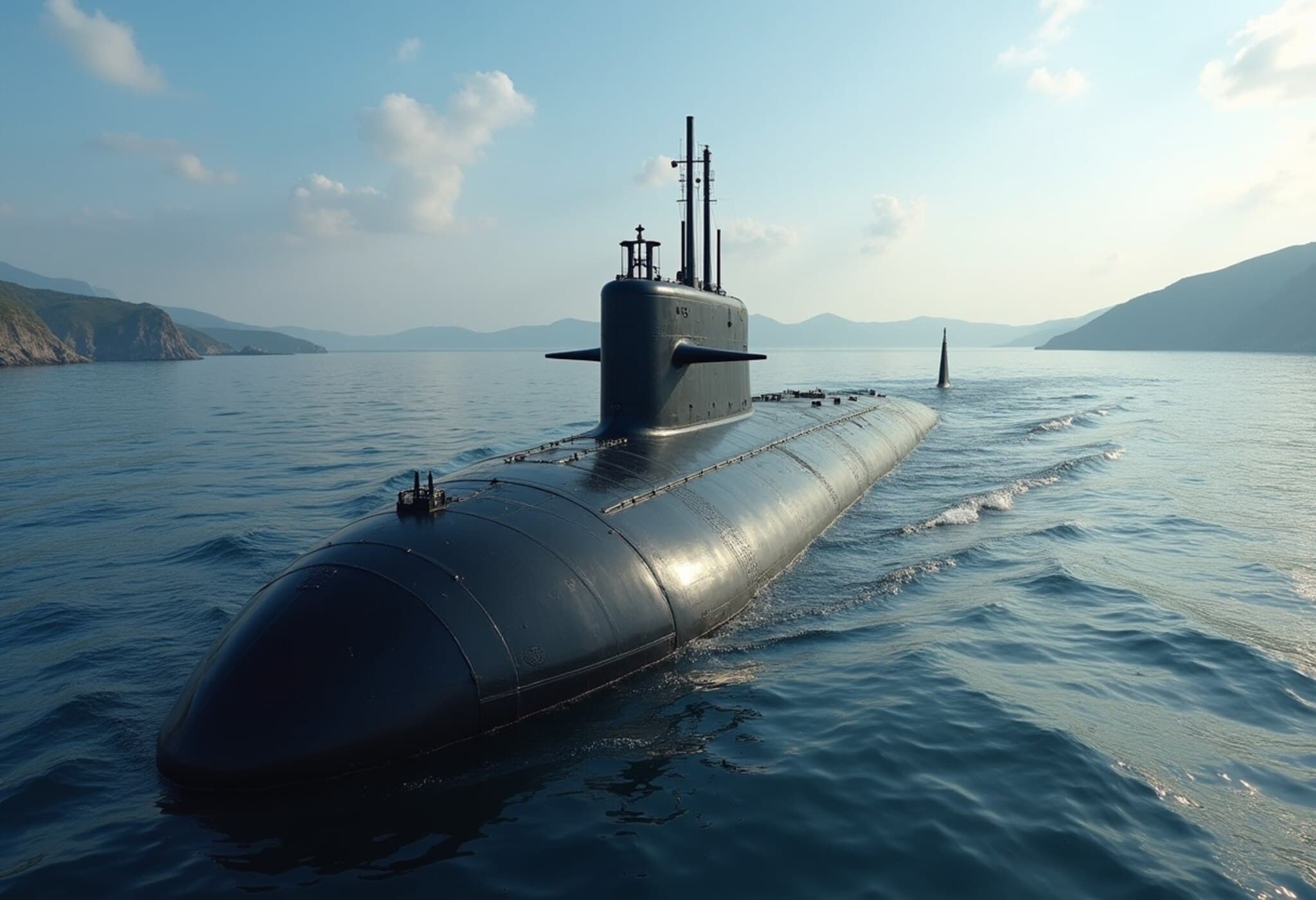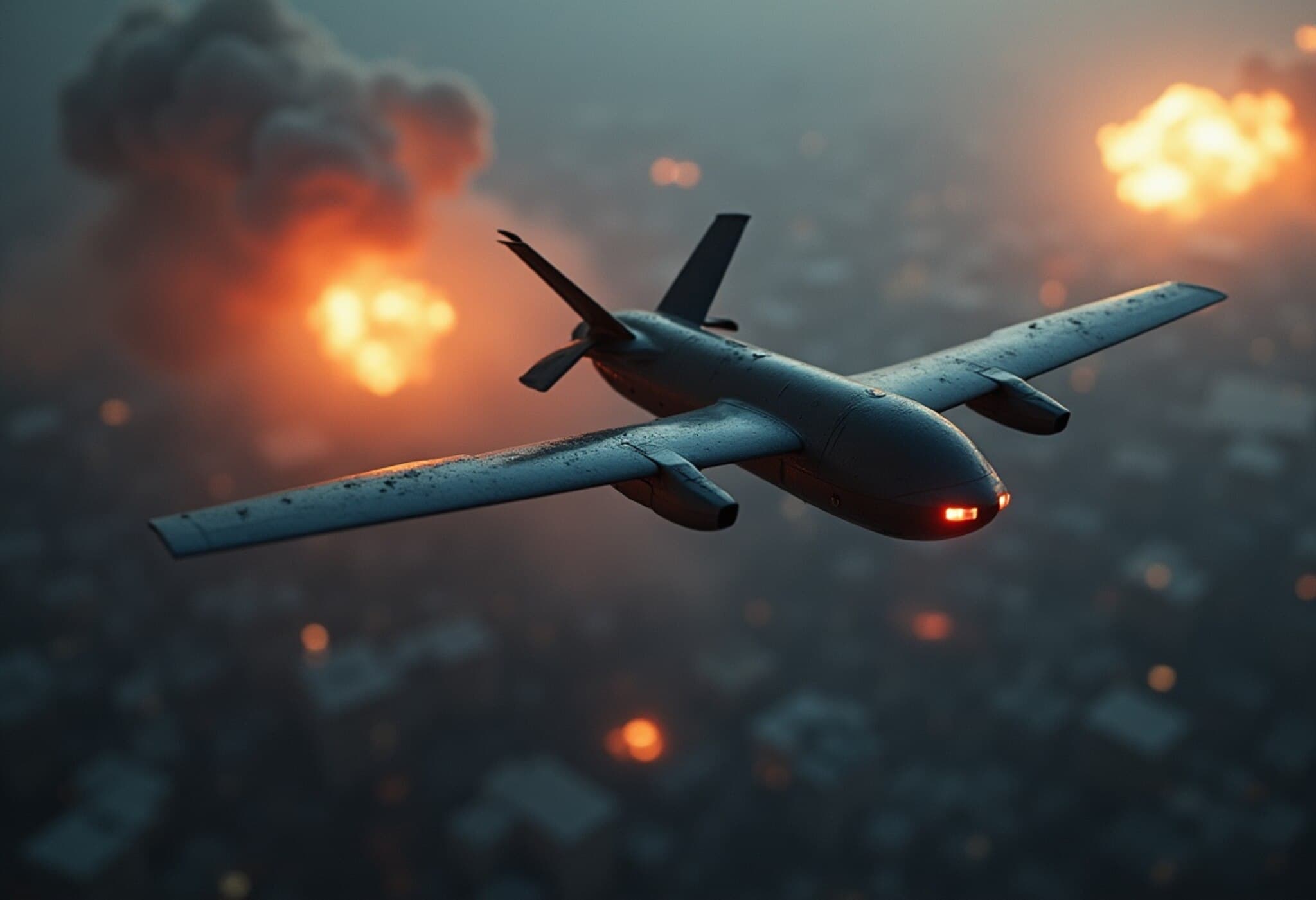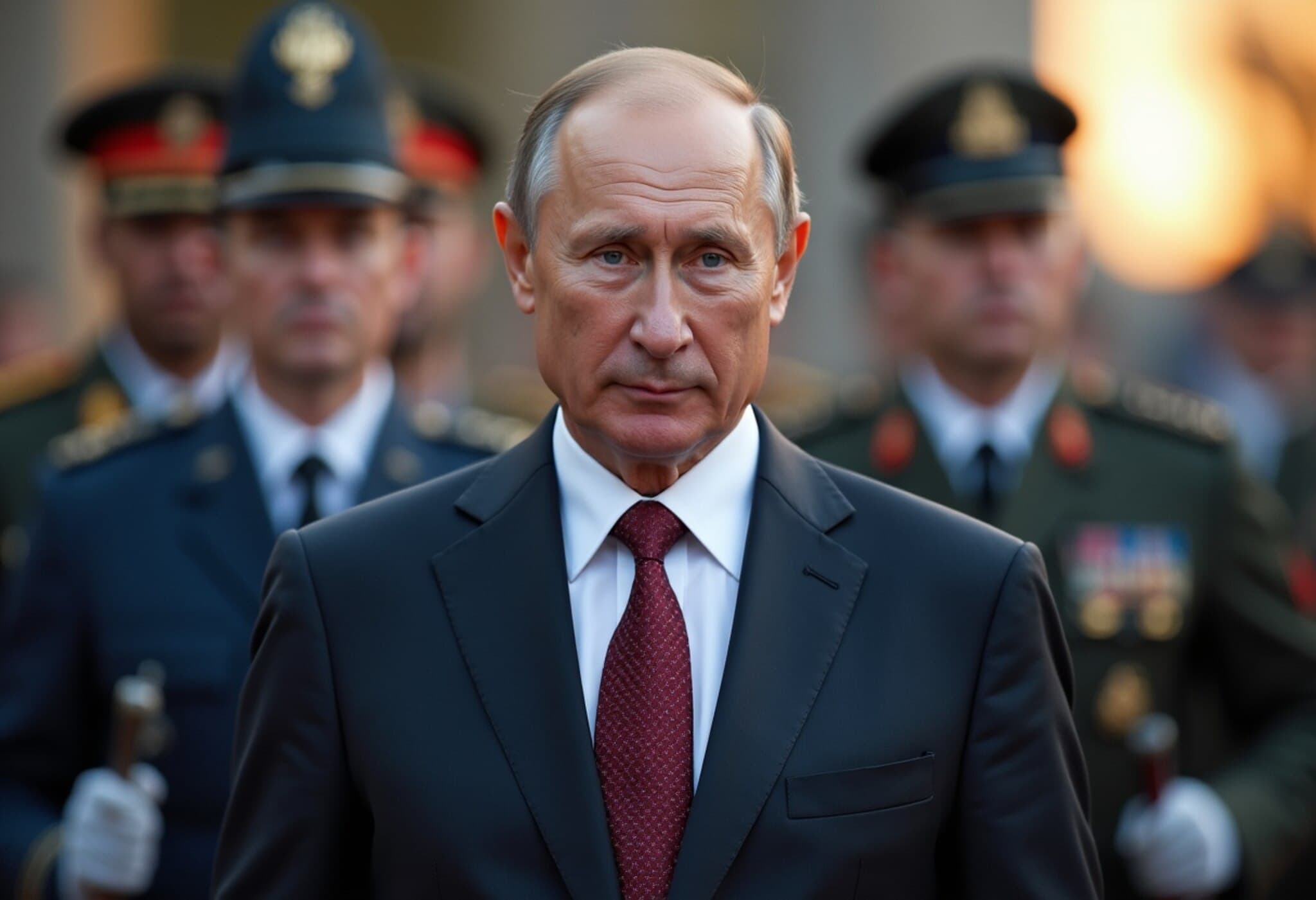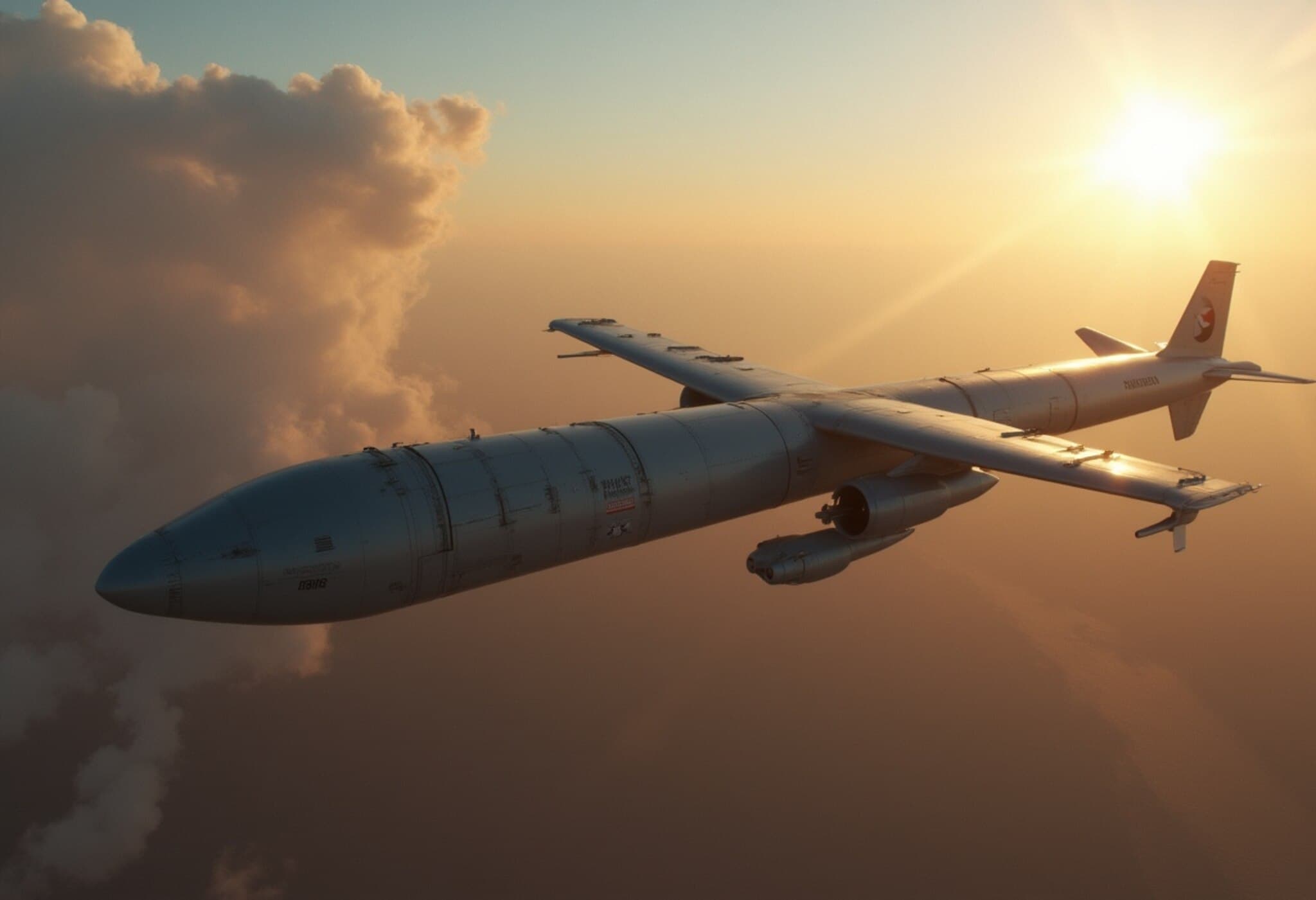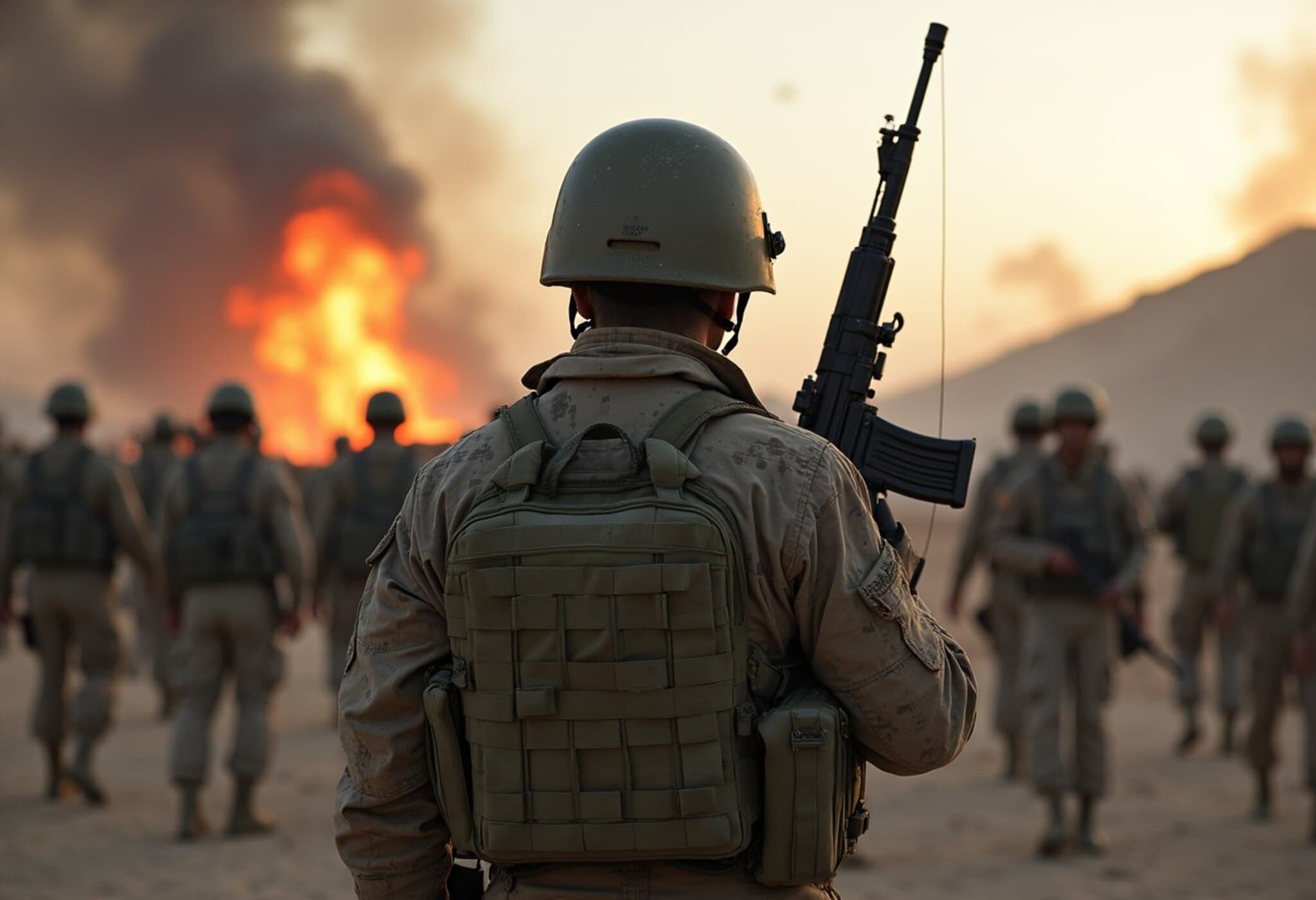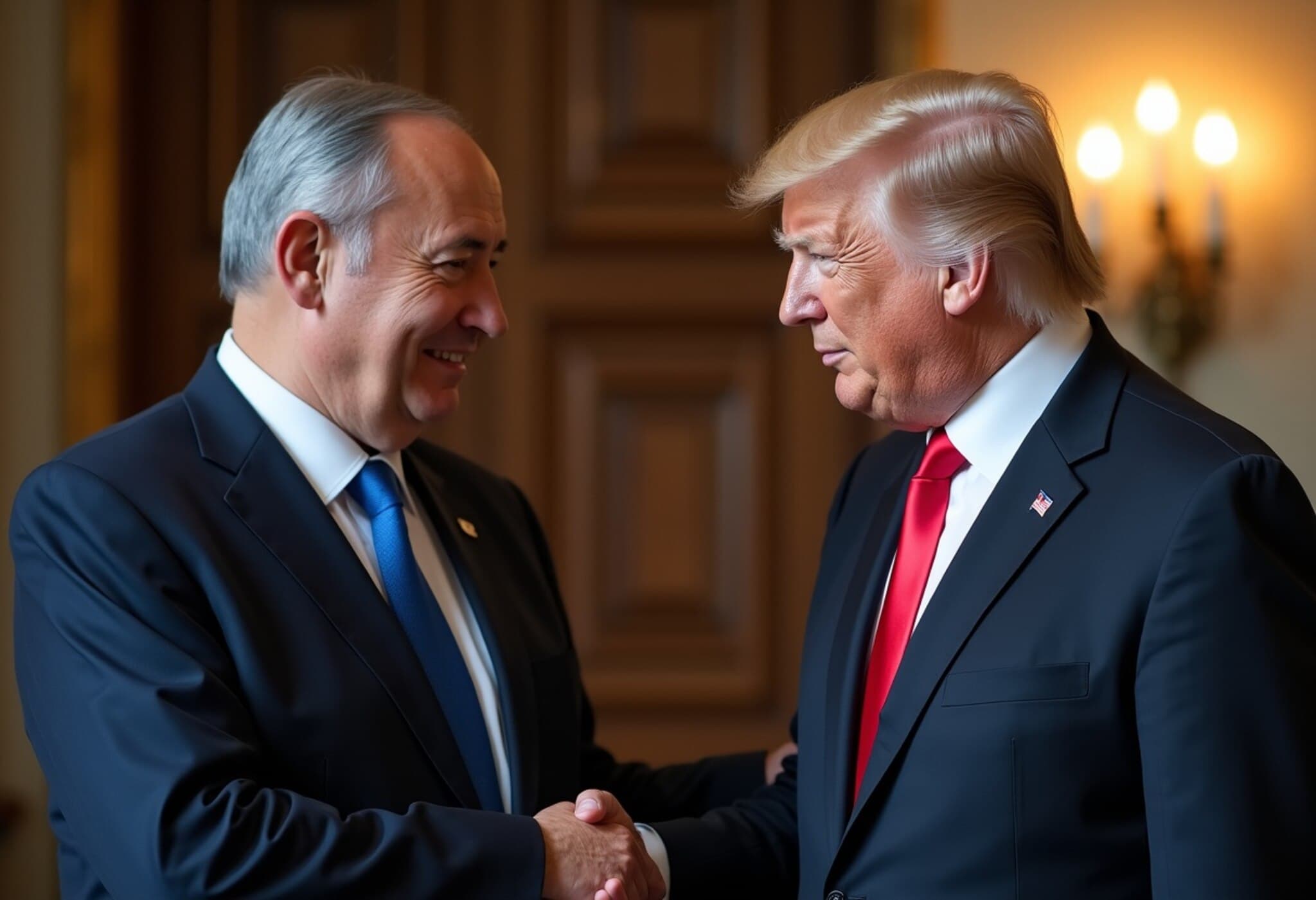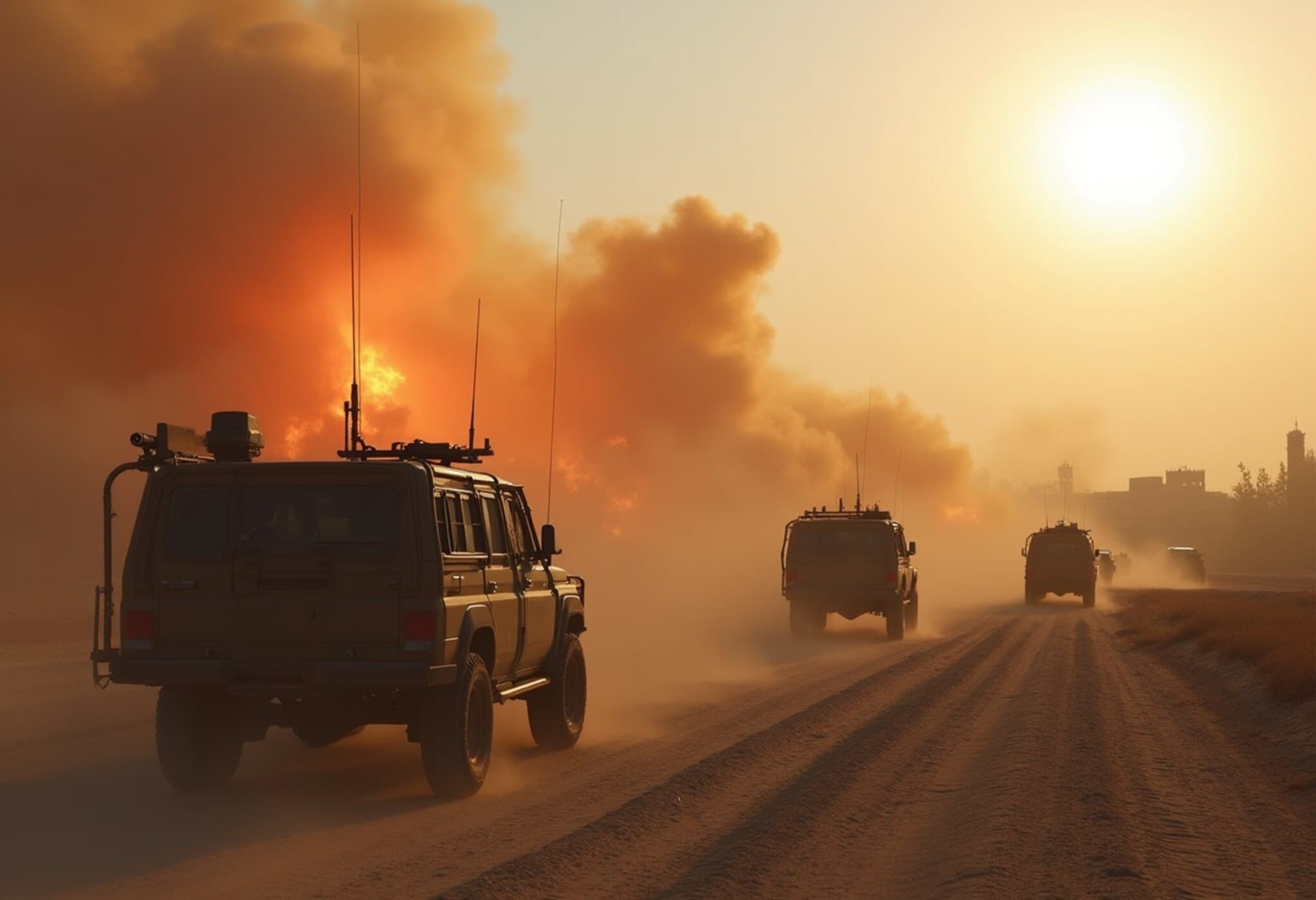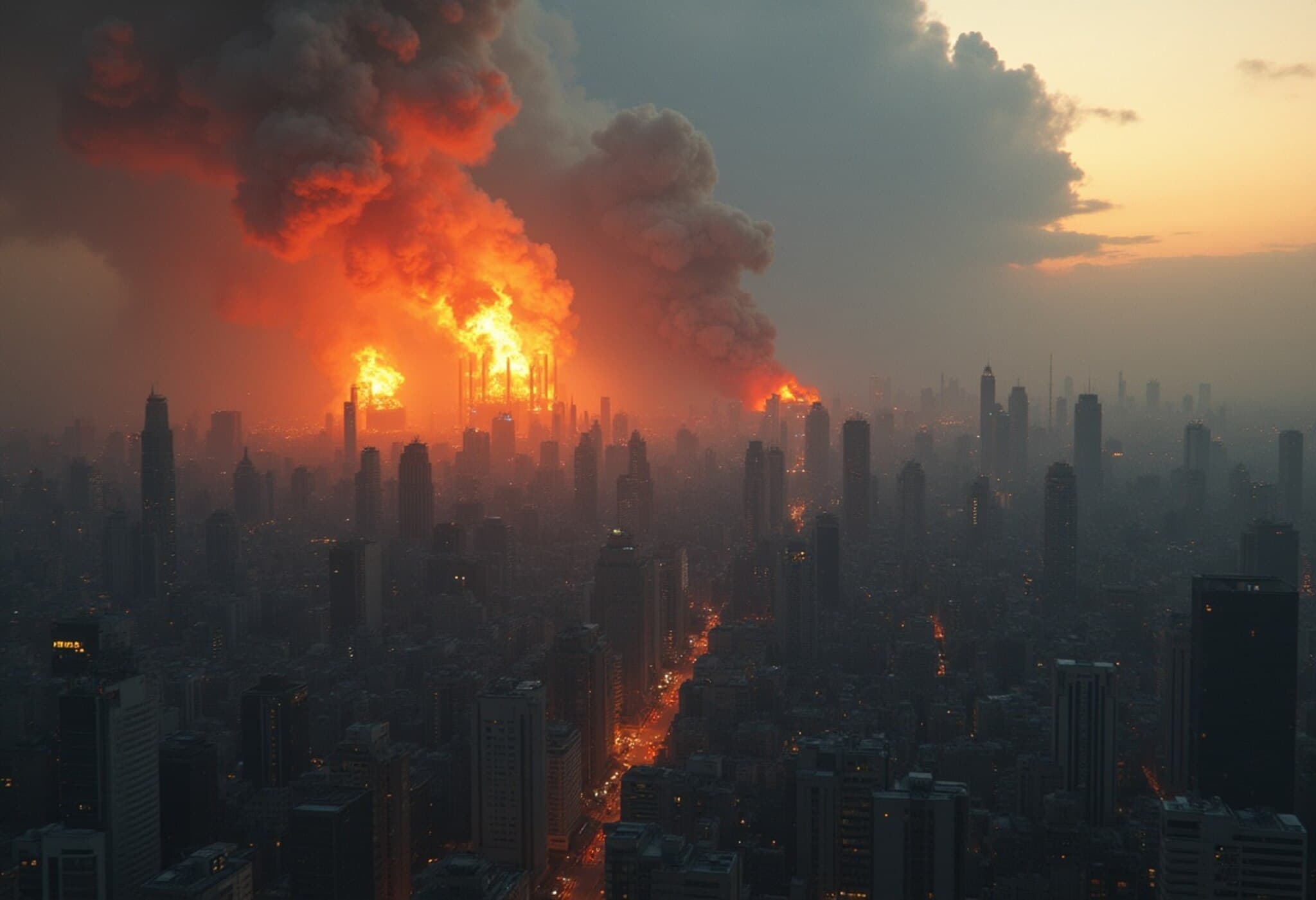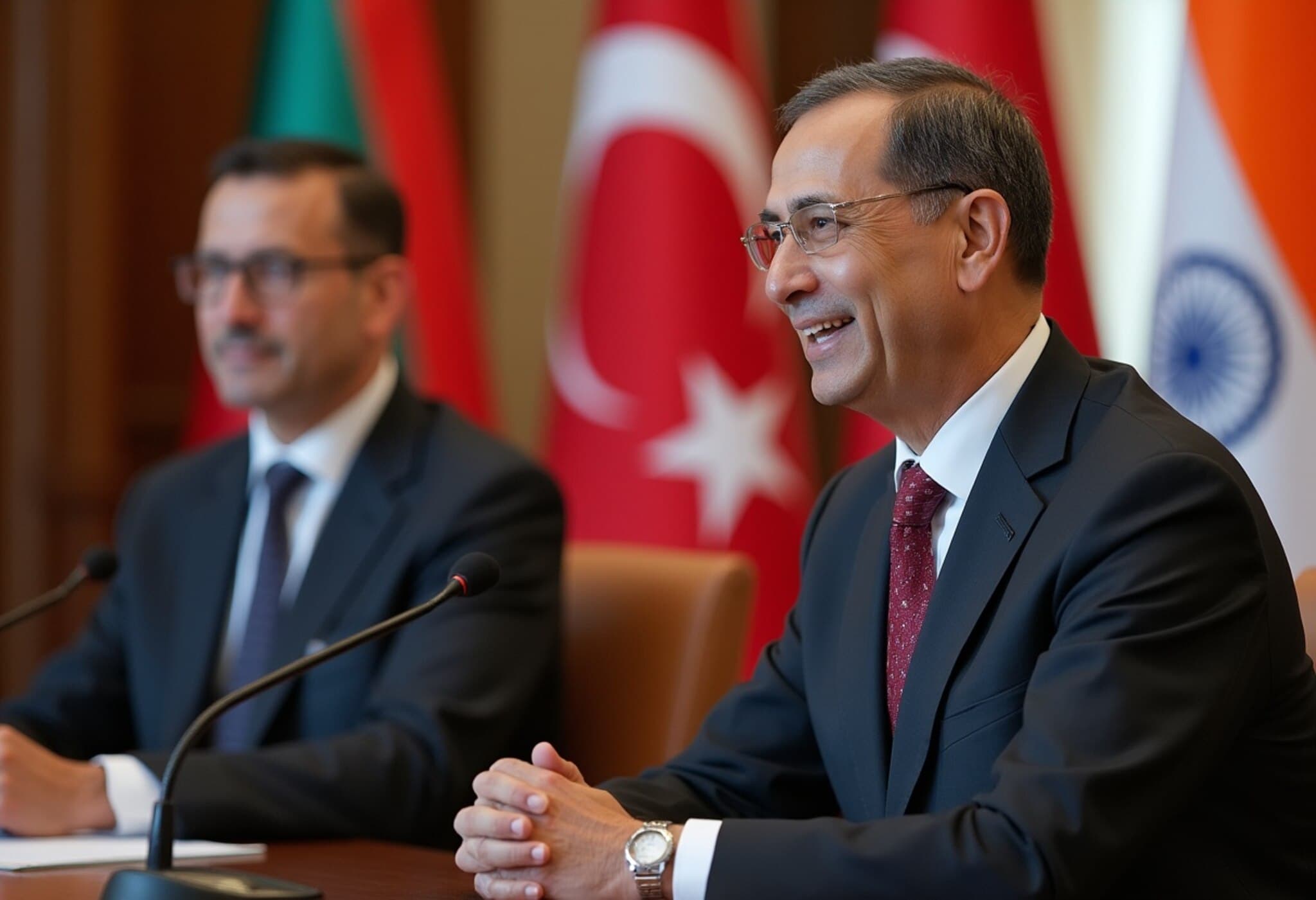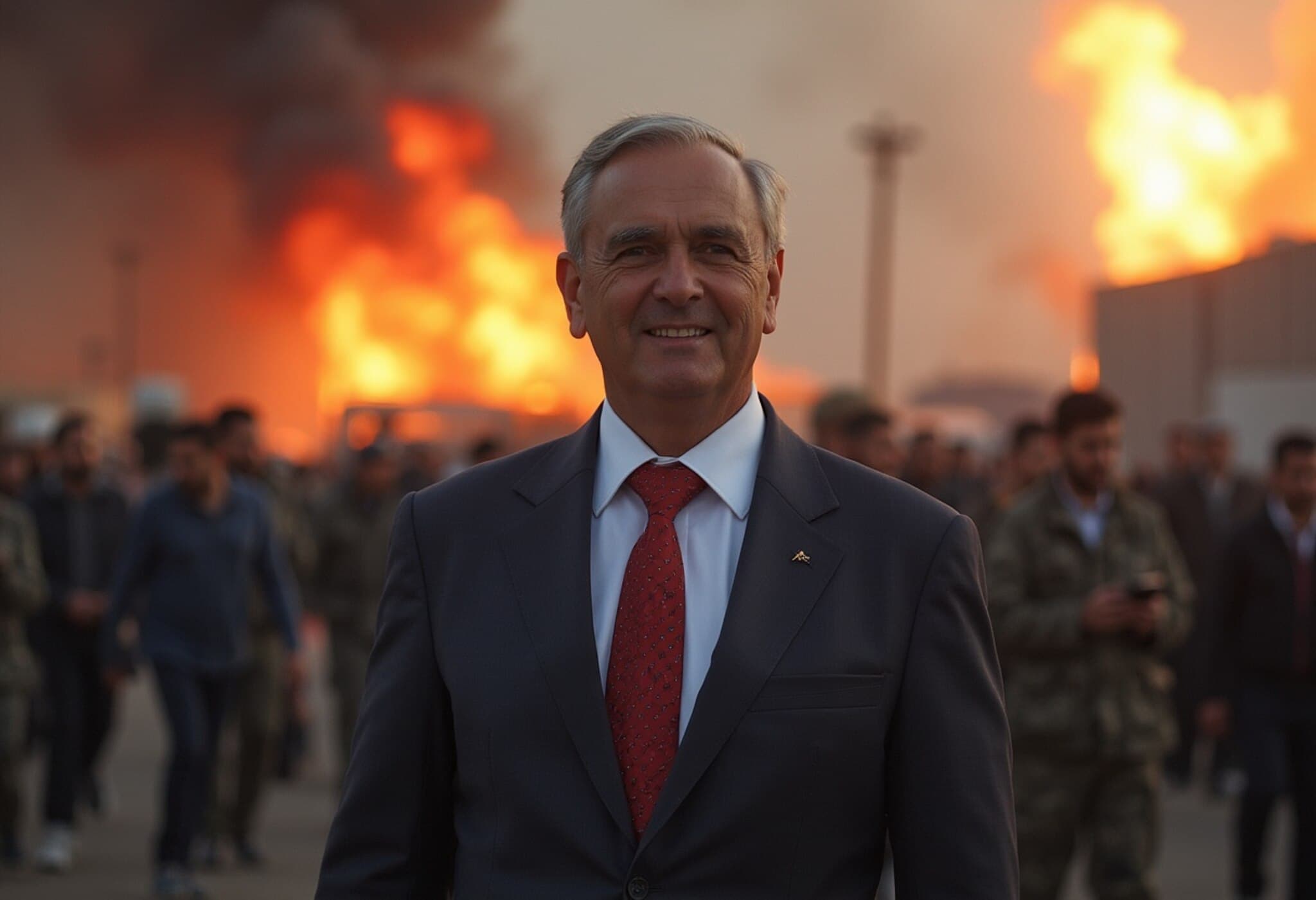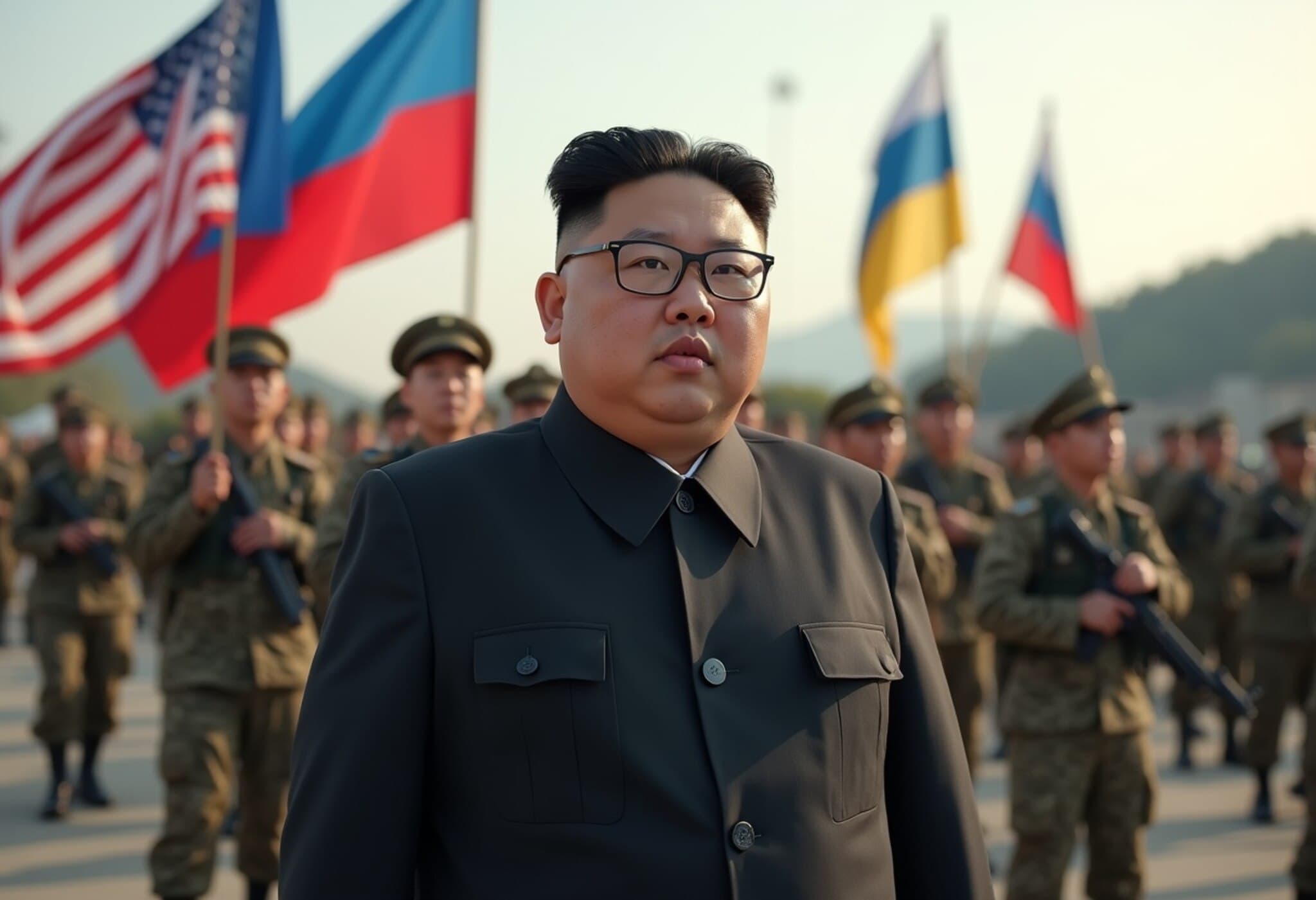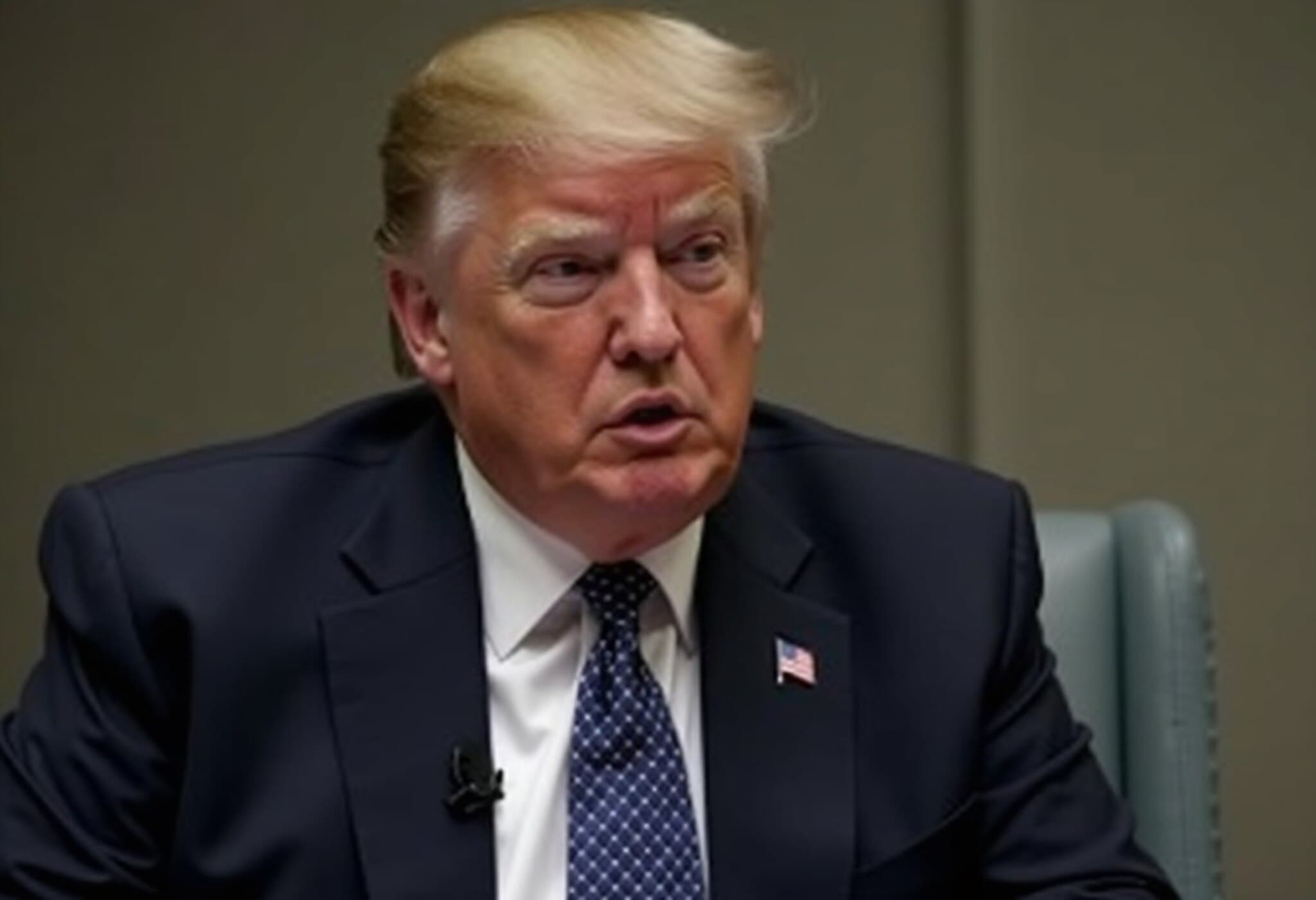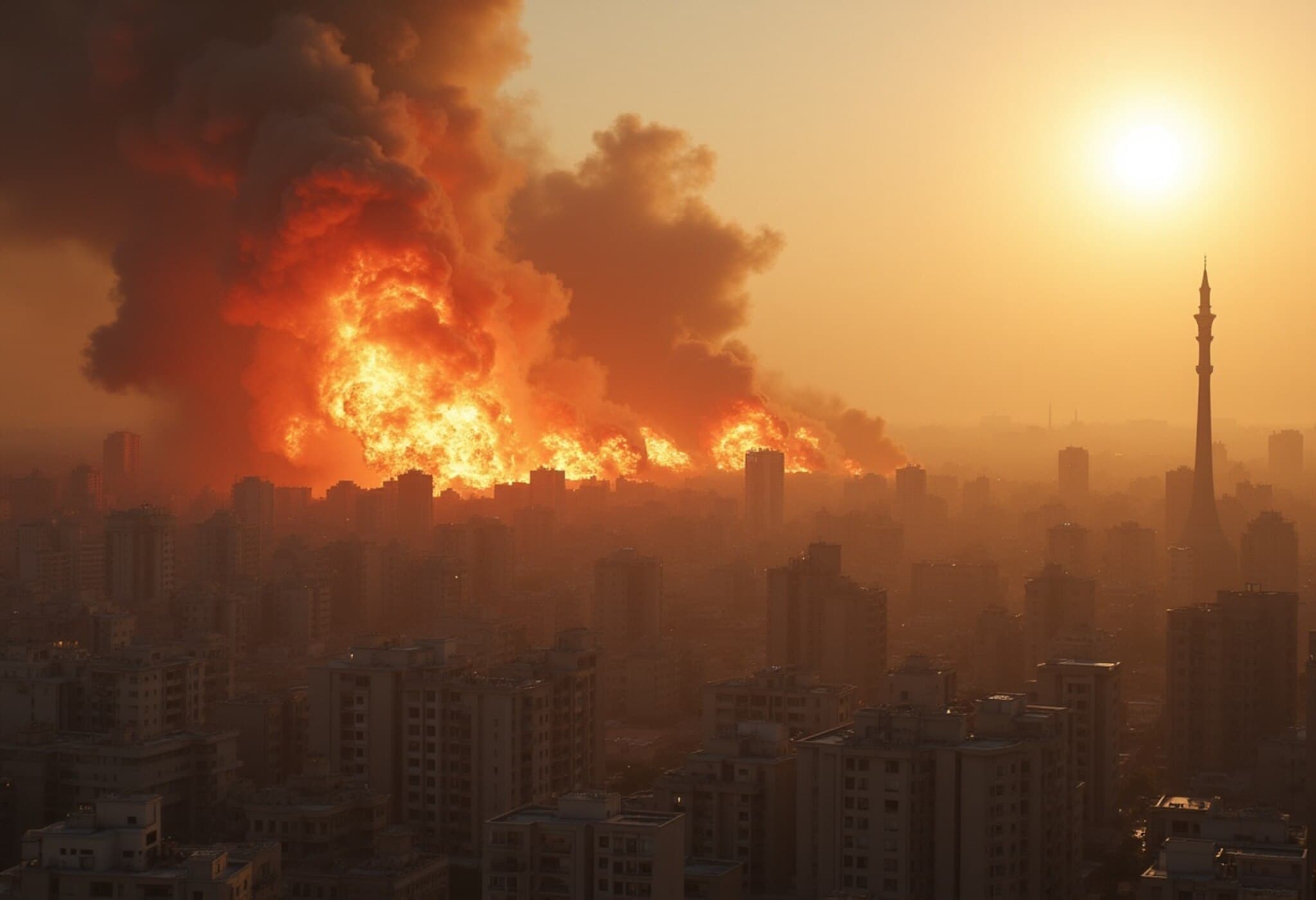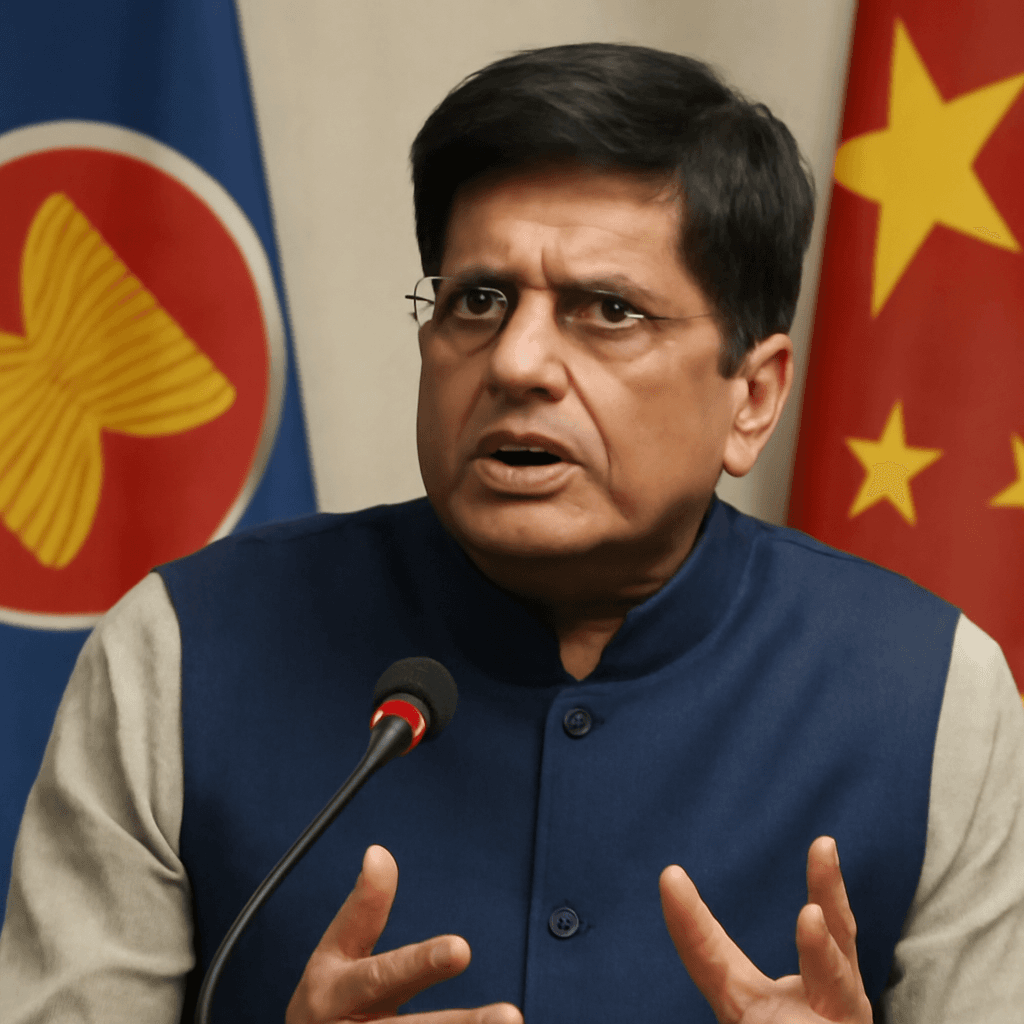The Silent Nuclear Power in the Middle East
In the arid expanse near Dimona, southern Israel, lies one of the world’s most closely guarded secrets: a nuclear weapons program that has quietly shaped Middle Eastern geopolitics for over fifty years. While Israeli leaders steadfastly refuse to confirm or deny their nuclear arsenal, the global intelligence community widely accepts Israel as a nuclear-armed state.
Officially, Israel asserts that it “will not be the first to introduce nuclear weapons into the Middle East”—a phrase deliberately crafted to maintain ambiguity, deter adversaries, and avoid outright confirmation.
From Tragedy to Nuclear Ambition
The origins of Israel’s nuclear program trace back to the aftermath of the Holocaust, where survival became a paramount priority for its founding leaders. For visionaries like David Ben-Gurion, nuclear weapons were more than strategic deterrence; they constituted a lifeline for a vulnerable young nation.
In the early 1950s, Israel formed the Israel Atomic Energy Commission and began prospecting uranium sources in the Negev desert. However, it was Israel’s secret partnership with France following the 1956 Suez Crisis that accelerated the program.
France assisted in constructing a heavy-water nuclear reactor at Dimona under the guise of a textile plant. This facility, equipped with French blueprints and experts, was designed to produce weapons-grade plutonium rather than energy. By the mid-1960s, Israel had reportedly amassed enough fissile material for its first nuclear device.
Quiet Support and Global Complicity
The United States, aware of Israel’s nuclear ambitions since the early 1960s, chose a path of discreet diplomacy rather than confrontation. Despite some pressure for transparency and adherence to the Nuclear Non-Proliferation Treaty (NPT), the U.S. accepted Israel’s refusal to sign the treaty and permitted limited inspections that excluded the most sensitive parts of the Dimona complex.
European countries also played roles, sometimes inadvertently. Heavy water supplied by Norway and the UK, uranium from Argentina and South Africa, and a covert global procurement network enabled Israel to develop its program against the backdrop of international scrutiny.
Mossad’s Role in Securing Nuclear Materials
Israel’s nuclear success owes much to intelligence and covert operations. One notable mission involved smuggling 200 tonnes of uranium yellowcake disguised as lead from Europe to Israel under the cover of night. Over decades, Israeli agents acquired sensitive technological blueprints, secured materials through clandestine means, and maintained the utmost secrecy.
When Mordechai Vanunu, a Dimona technician, leaked photographs of the nuclear program in 1986, Mossad orchestrated a daring abduction to silence and imprison him for nearly two decades, underscoring the high stakes involved.
The Doctrine of Deliberate Ambiguity
Israel’s nuclear posture is unparalleled: a deliberate policy of ambiguity that neither confirms nor denies possession of nuclear weapons. This strategic silence serves multiple purposes—deterring enemies while avoiding diplomatic fallout and sanctions.
Despite the official denial, satellite imagery, intelligence reports, and expert analyses consistently reveal an advanced nuclear arsenal, which likely includes gravity bombs, missile-delivered warheads, and potentially submarine-based second-strike capabilities.
Unique Position in a Nuclear-Exploring Region
Israel remains the sole nuclear-armed state in the Middle East, while regional powers such as Egypt, Iraq, Syria, Libya, and Iran have pursued but not achieved nuclear weapons capabilities. Israel’s success is attributed to early timing—starting before the NPT in 1968—and strong alliances with Western nations.
Other regional players faced disruptions, including Israel’s destruction of Iraq’s Osirak reactor in 1981 and similar strikes on Syrian facilities in 2007. Iran's nuclear program faces persistent international sanctions and scrutiny, partly due to its NPT membership.
The Strategic and Political Consequences
Israel’s nuclear monopoly has provided a powerful deterrent, likely preventing large-scale conflicts by underpinning a credible threat of overwhelming retaliation—the so-called “Samson Option.” However, this secretive stance has fueled longstanding regional tensions, making negotiations for a Middle East nuclear-free zone virtually impossible.
Arab states consistently call on Israel to disarm or declare its arsenal, while Israel insists peace and formal recognition must precede any disarmament. This unresolved nuclear imbalance also complicates diplomatic efforts to manage Iran’s nuclear ambitions, with Tehran citing Israel’s ambiguity as evidence of double standards.
Looking Ahead: Sustaining Deterrence Amid New Threats
Though Israel’s nuclear weapons have never been deployed, the regional security environment continues to justify their retention. Emerging challenges—from missile threats to cyber warfare—drive Israel to enhance survivability, including developing submarine-based second-strike capabilities and advanced missile defenses like Iron Dome and Arrow.
Meanwhile, global calls for Israel’s nuclear transparency grow louder, especially as the international non-proliferation regime faces challenges from North Korea and Iran. Nevertheless, Israel's policy of silence remains steadfast.
A Paradox at the Heart of Middle East Security
Israel’s nuclear program stands as a paradox—an arsenal that officially doesn’t exist, maintained through secrecy and strategic ambiguity, yet recognized and tolerated by allies aware of the reality. Born from historical tragedy and sustained by intelligence and diplomacy, Israel’s nuclear silence continues to echo as the defining element in Middle East security dynamics.

